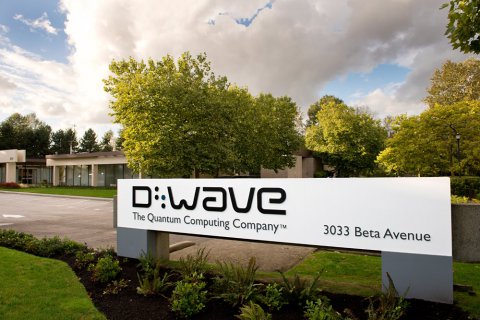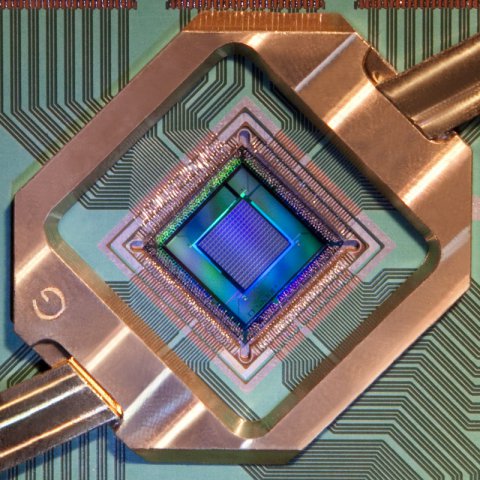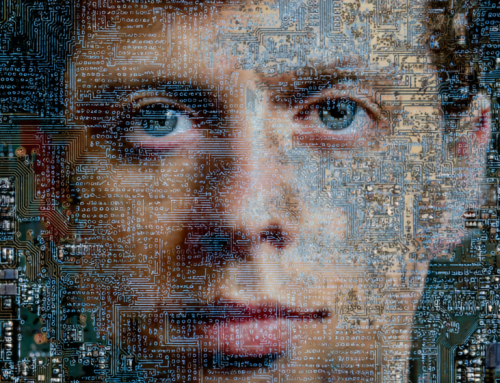System Approximates Quantum Computer Results
Though AI and quantum computing have had amazing predictions made about them, most are somewhat inaccurate. They are not going to have god powers, and neither will they enslave or end the world.
An article in gizmodo.com by Ryn Mandelbaum concludes that although we are entering an era of quantum computing, it will be years or a decade away from government encrypted codes being broken by a hostile nation. The business world, however, is buying into QC now. In particular, they are investing in D-Wave.
NASA, Lockheed Martin, and Los Alamos National Lab have decided to purchase this early version of a quantum computer.
“It’s mostly still research and experimental,” Bo Ewald, D-Wave International’s president, told Gizmodo. “No production applications yet.”

D-Wave headquarters is located in British Columbia, Canada.
These companies are fully aware that quantum computing is still quite early in its development. They say D-Wave is the beginning of a new age. Quantum computing is expected to solve major problems in a fraction of the time today’s computers can. They are expected to accurately predict winners of elections, choose the optimum route through traffic for a fleet of vehicles, and pick up crucial data out of background noise, among other advanced problem-solving.
Without going into detail, quantum computers use qubits instead of the usual digits values of 1 or 0. Qubits can be any number of values, all at the same time until the problem being solved has what is likely a predictable outcome. One of the still unresolved issues with D-Wave and others is lowering the temperature to a ridiculous point on the Kelvin scale in order to keep the device cool enough, for the quantum actions to take place
According to the gizmodo.com piece, the D-Wave device looks more or less like a supercomputer—a big black box the size of a closet which keeps the small chip inside it cold. Similar to a supercomputer, those who’d like to access the D-Wave connect to the processor via a link from their own computer, which would have the software used to feed the D-Wave instructions and receive outputs.
Not everyone agrees that D-Wave is all that it is claimed to be. There are accusations that the devices are error prone and that qubits often degrade into regular bits. The company admits problems with D-Wave. Even so, IBM is also making progress in its version of the quantum computer.
read more at gizmodo.com
The Guardian further explores D-Wave in its article, “Has The Age Of Quantum Computing Arrived?”








Leave A Comment